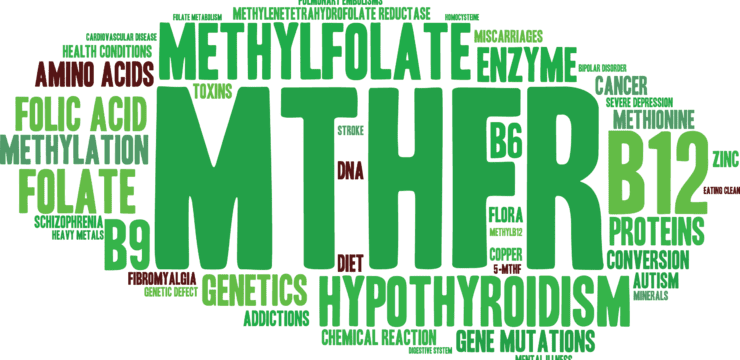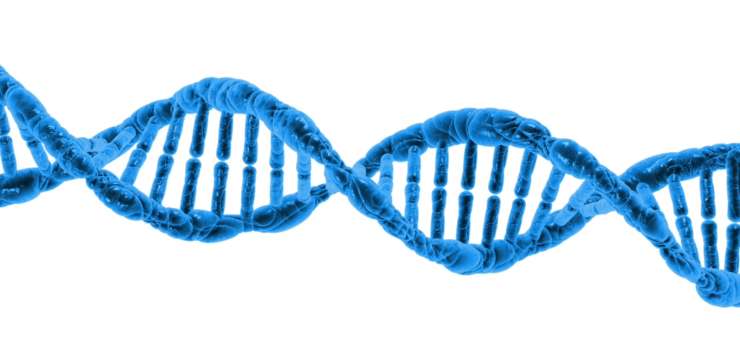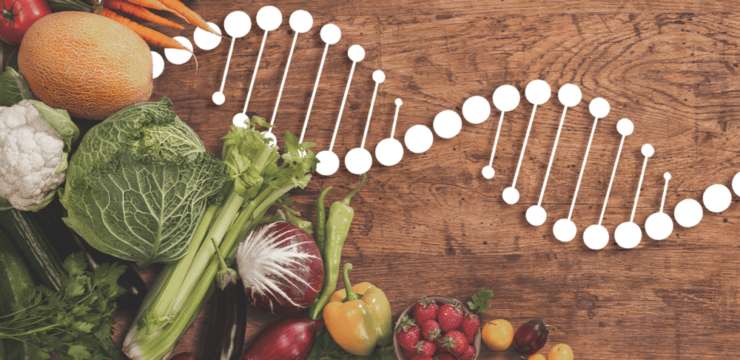Circadian rhythm and caffeine supplementation go hand in hand in many sports. Genetic profiling comes in handy when determining if you are a morning person…


Circadian rhythm and caffeine supplementation go hand in hand in many sports. Genetic profiling comes in handy when determining if you are a morning person…

The foods we eat can have the potential to be beneficial or harmful to our health. Poor nutrition can cause a variety of health issues,…

As previously discussed, our genes play a significant role in energy expenditure, appetite, and fat metabolism. Our genetics determine our susceptibility to obesity when exposed to an unfavorable environment. Additionally, we are also able to see how individuals will react to specific diets and exercises. We are able to use genetic testing to see a genetic profile and create a cutting-edge, scientifically backed, and effective weight loss plan for each patient. As we know, food consumption impacts our health throughout our entire life. With an unhealthy diet, turning on and off genetic risk factors, it becomes unhealthy and is a major risk factor for chronic health conditions. Nutrition-related conditions are often encountered and identified by chiropractors where musculoskeletal and inflammation is the origin.

Genetic testing has come a long way and we are now able to use it in our clinic. We have the resources to send a DNA sample from our patients to be assessed in order for us to create a truly personalized wellness plan. By taking these results, we are able to recommend a diet that fits the individual best for optimal health outcomes. Additionally, we are able to provide our patients with an insight into how their body absorbs and breaks down carbohydrates, saturated fat, and the optimal amount of exercise needed to lose weight.Â

Folate is a B vitamin naturally found in a variety of foods. The body can’t produce folate, that’s why it’s important to get it from…

Taste perception impacts the food choices we make, our nutrition, and our overall health. Genetically speaking, the taste response we have represents a phenotype. The five taste qualities we have include sweet, bitter, salty, umami, and sour. Genetics shows that humans who are more susceptible to the liking of sugar and fat are influenced by a specific genotype. Similar to this, individuals who have the ability to detect bitterness and rotting food have another genotype. Understanding the genotype people possess is highly important and can be used to create tailored programs for individuals.

The MTHFR or methylenetetrahydrofolate reductase gene is well-known due to a genetic mutation that may cause high homocysteine levels and low folate levels in the…

Nutrition is considered to be one of the most well-understood environmental factors associated with changes in the epigenome. Nutrients in the foods we eat are…

Our genetics are heavily influenced by the environment. This meaning that the way and times our genes express heavily depend on the micronutrients and toxins we surround our bodies with. Research has found that by eating a diet specific to your genes, you have the potential to alter when the genes express, reducing your overall risk of disease. We use diagnostic laboratory testing to assess your genetic makeup and create a personalized plan for you. By discovering what diseases you are more susceptible to, genetic testing allows us to create a path that will lead you to optimal health in the future.

Researchers are trying to understand how nutrigenomics can affect a person’s health. Studies have shown that epigenetics increases the risk of several health issues. Other…

Healthcare professionals commonly give nutritional recommendations based on an entire population, only sometimes changing these according to age, sex, and pregnancy. Over the last 20…

Every single cell in our body requires energy to complete its functions. The energy our body creates and uses is known as ATP. ATP is created in the mitochondria and relies on a mixture of proteins, fats, and carbohydrates to source its fuel. This energy is created in an essential process called The Krebs Cycle. Similar to other functions throughout the body, when inflammation occurs important process can become hindered and not performed to their greatest extent. We have the ability to maximize our Krebs Cycle by the food we eat, ultimately leading to a postive alteration in our genes and reduced inflammation throughout our body.